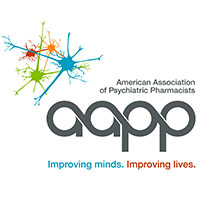What Is Pharmacogenomics?
Pharmacogenomics is the study of how a person’s genetics may impact medication outcomes like symptom improvement, common side effects, or rare hypersensitivity reactions. It can provide you and your provider with additional information that may be helpful in developing your optimal treatment plan.


